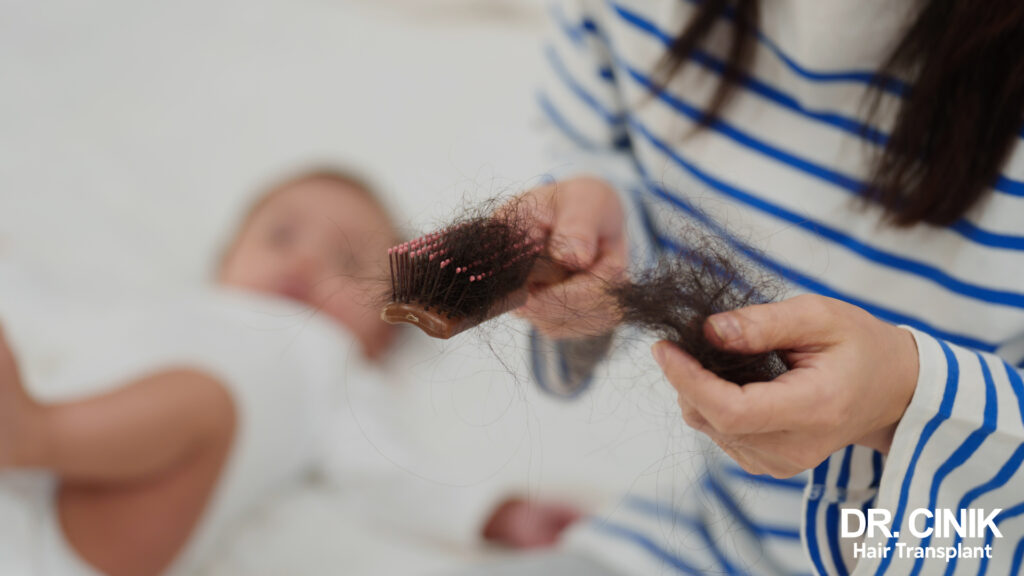Hair transplantation after 50: is it a viable option?
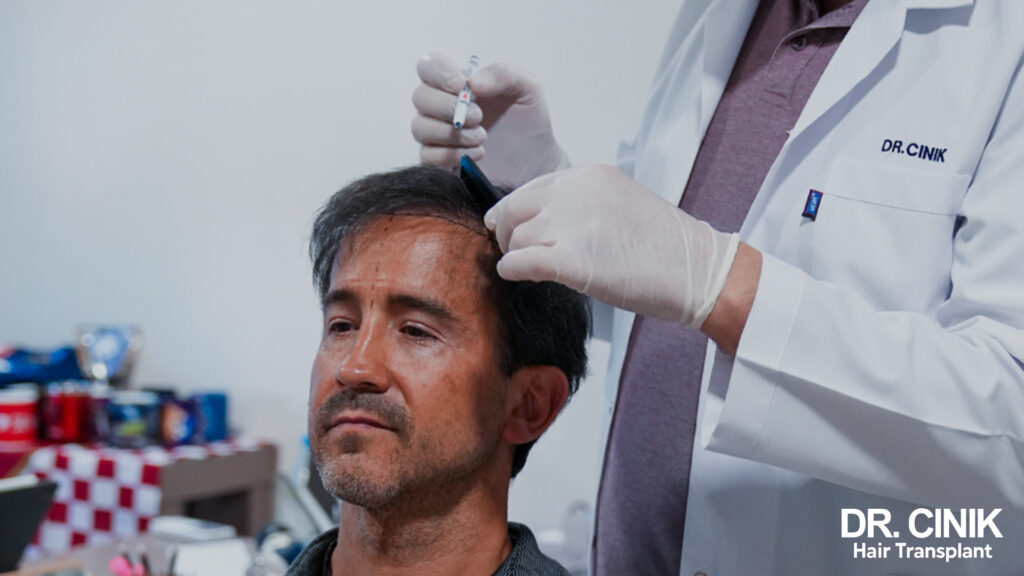
Summary
Are you over 50 and pondering the possibility of a hair transplant? Well, you’re not alone. Recent advancements in transplant techniques have rather broadened the options for more mature patients. Let’s have a look at the feasibility and potential results of a hair transplant for those of us on the other side of 50. You might be pleasantly surprised to learn that age alone isn’t a deal-breaker, but a proper individual assessment remains crucial to determine if you’re a suitable candidate.
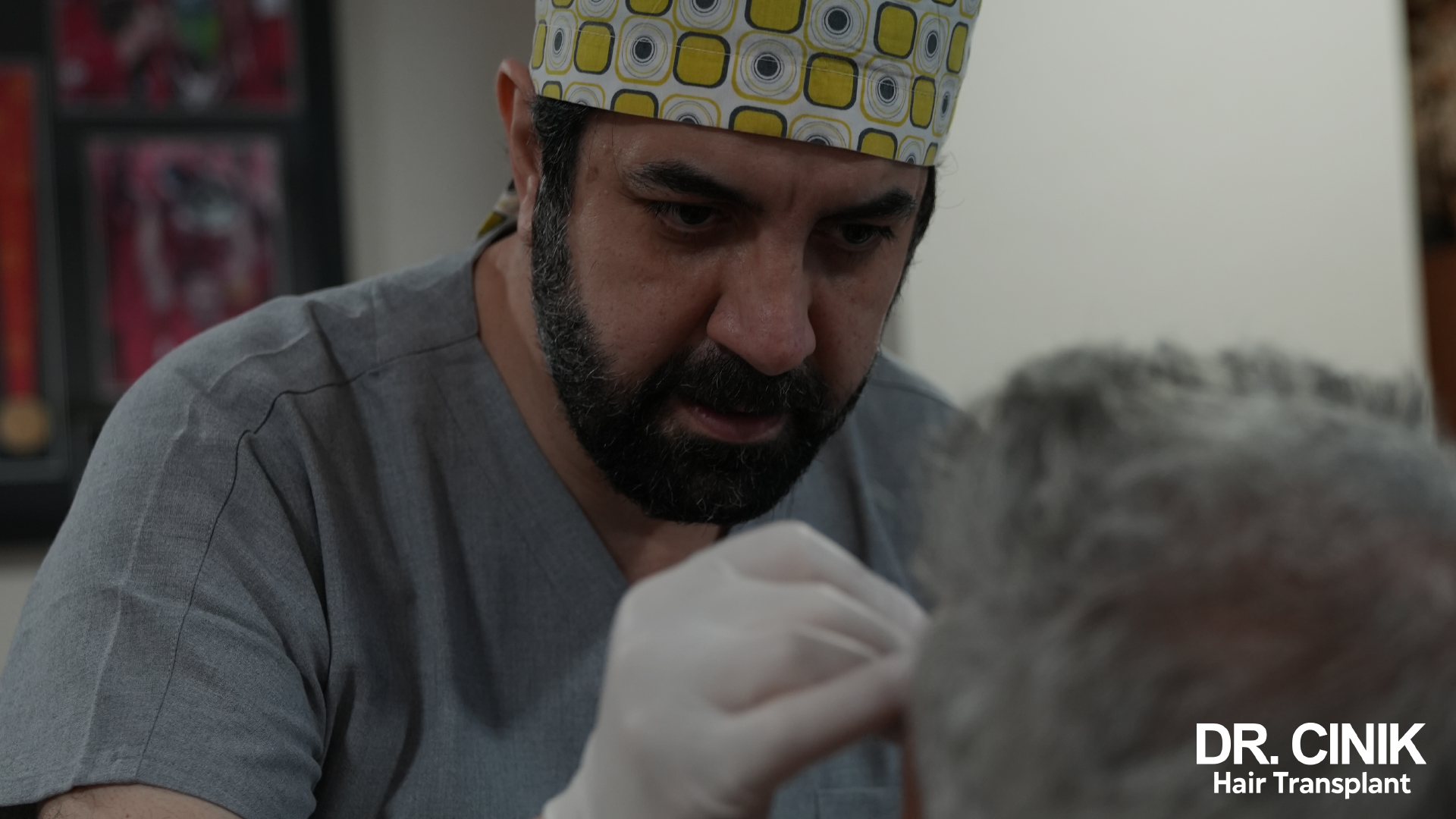
Characteristics of hair loss after 50
Right, so after 50, hair loss in men often presents some specific characteristics. The good news is that at this age, hair loss tends to be more stable – and that’s quite a favourable factor when considering a hair transplant.
The feasibility of the procedure depends on several key factors: the quality and quantity of the donor area, the condition of your scalp, and how your hair loss has progressed. These factors vary considerably from person to person, even after 50. Some chaps retain a dense, high-quality donor area, while others might have a thinner or more delicate scalp.
Mind you, age itself isn’t a criterion for ruling out a hair transplant. Rather, it’s the general condition of your hair and your overall health that will determine whether a hair transplant after 50 is on the cards for you.
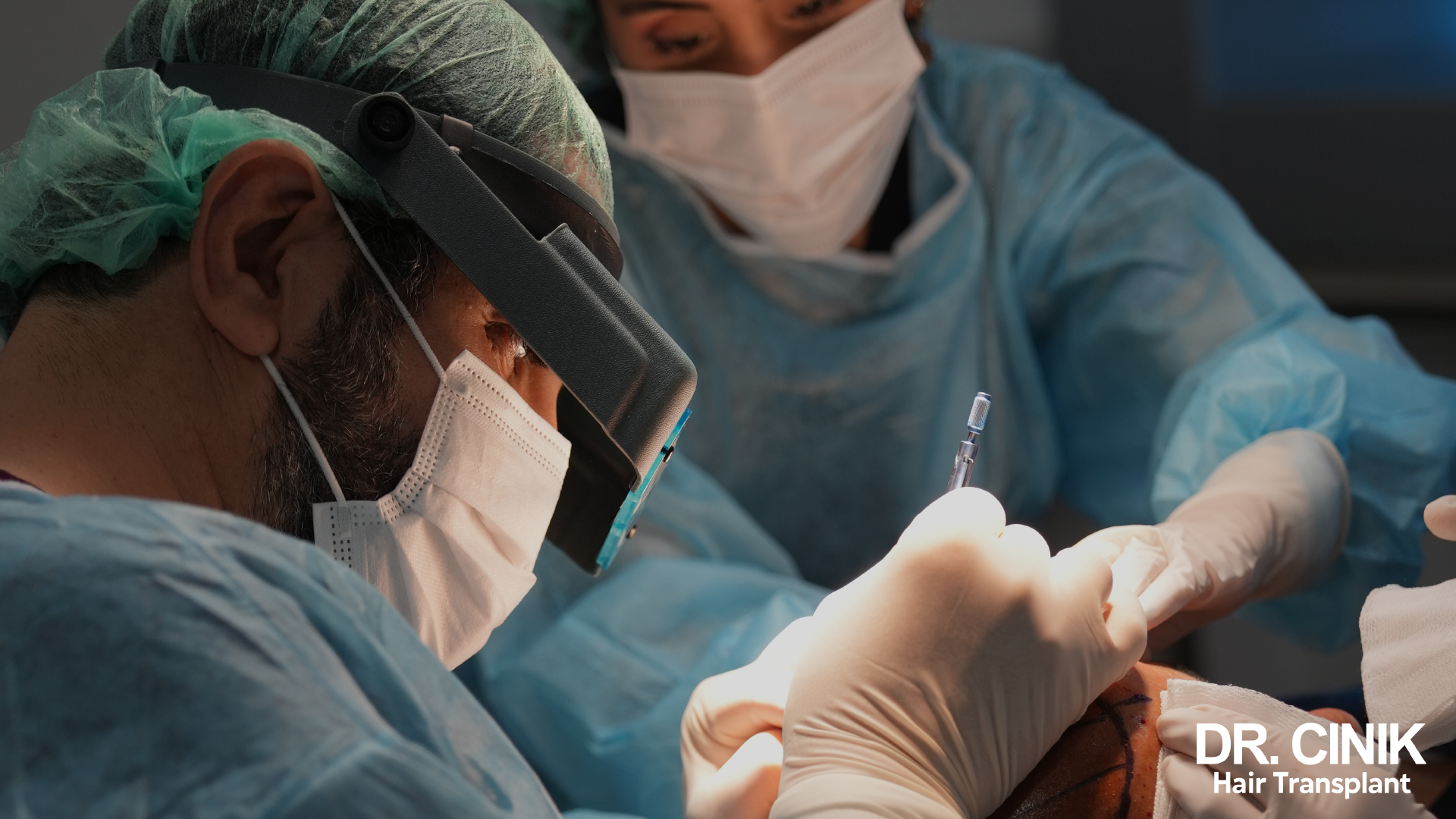
Specific advantages of a hair transplant after 50
A hair transplant after 50 can offer a number of benefits. The stability of hair loss at this age makes planning the procedure much more straightforward. Plus, more mature patients often have more realistic expectations and are generally quite chuffed with their transplant results.
Regaining a fuller head of hair can give your self-esteem a significant boost at this stage of life. It’s also an opportunity to rectify any less-than-satisfactory previous operations. Modern techniques such as FUE Saphir and DHI are particularly well-suited to mature scalps, as they reduce the likelihood of post-operative complications.
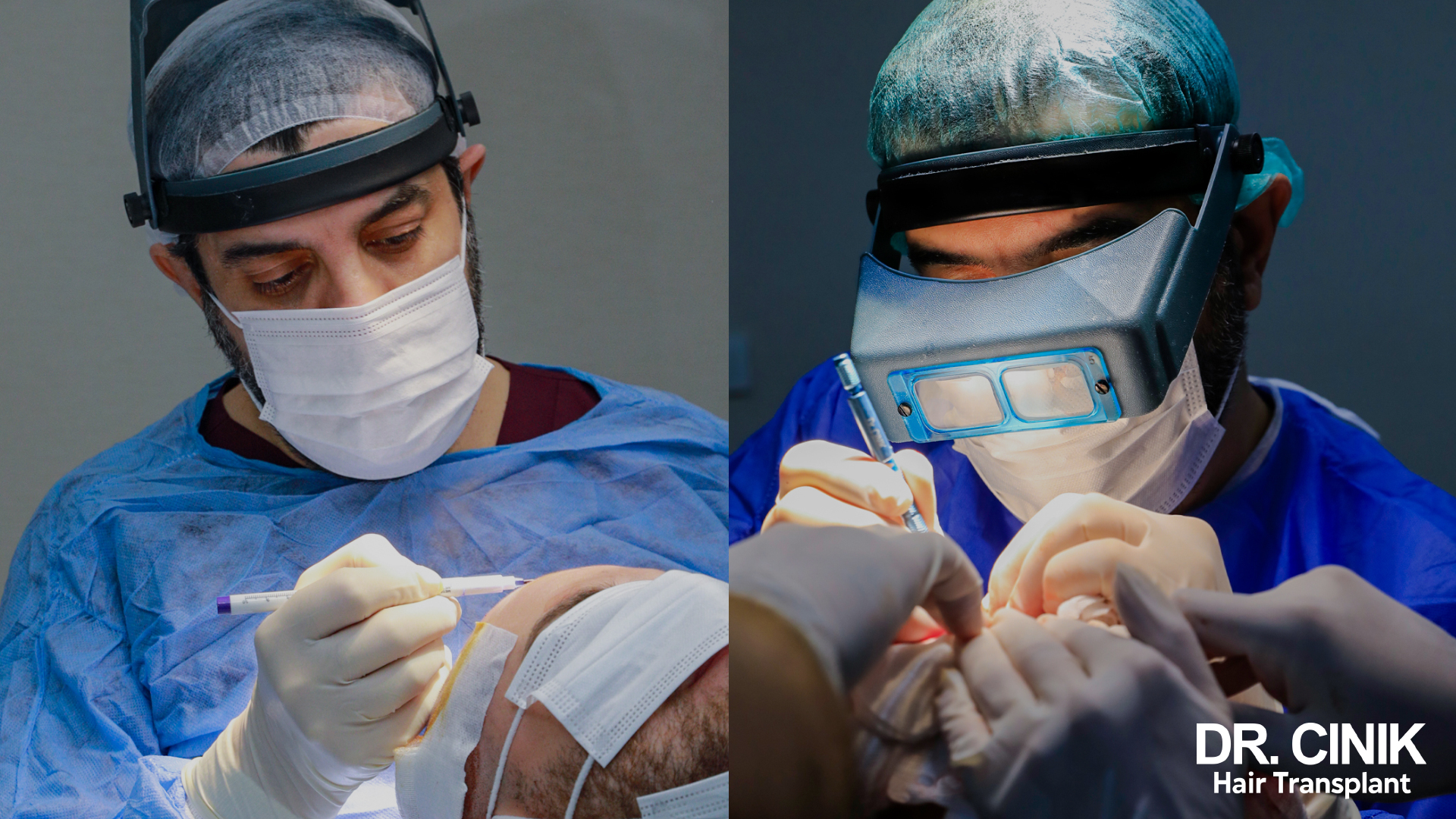
Medical assessment and pre-operative considerations
Before any hair transplant after 50, it’s essential to have a full medical check-up. Chronic illnesses, potential drug interactions, and healing capacity all influence the decision to proceed with the operation.
Planning the procedure may require specific precautions, such as adjusting certain treatments or taking into account potentially longer recovery times. It’s worth having a chat with your GP or a specialist at your local NHS trust about these considerations.
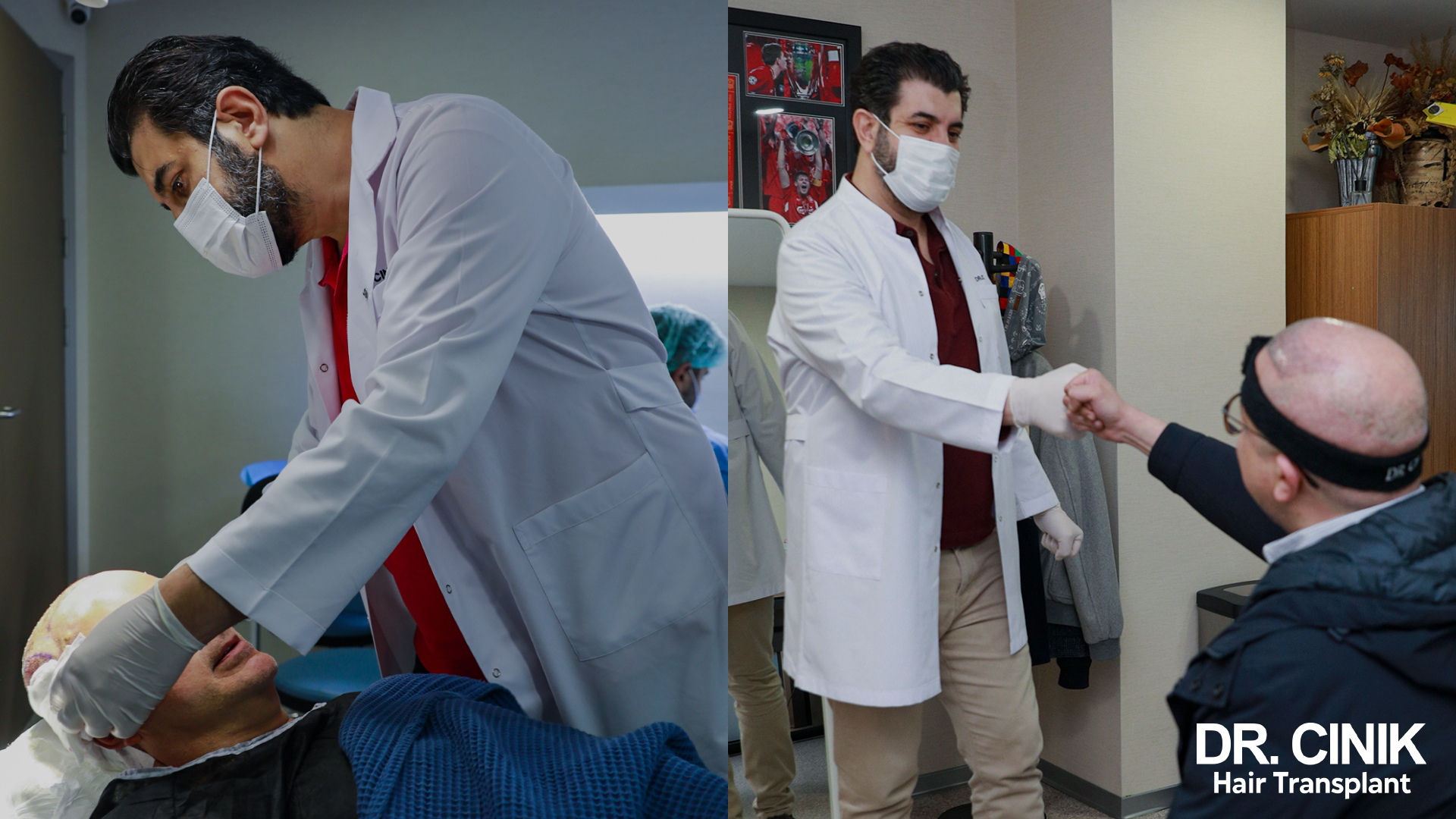
Hair transplant techniques suitable for patients over 50
Modern hair transplant techniques, particularly FUE Saphir and DHI, are rather well-suited to mature scalps. Their precision and delicacy preserve the scalp as much as possible.
These methods allow for adapting the density of the graft for a natural, harmonious result that’s in line with the patient’s age. What’s more, as they’re minimally invasive, they encourage faster recovery – a significant advantage for us more seasoned patients.
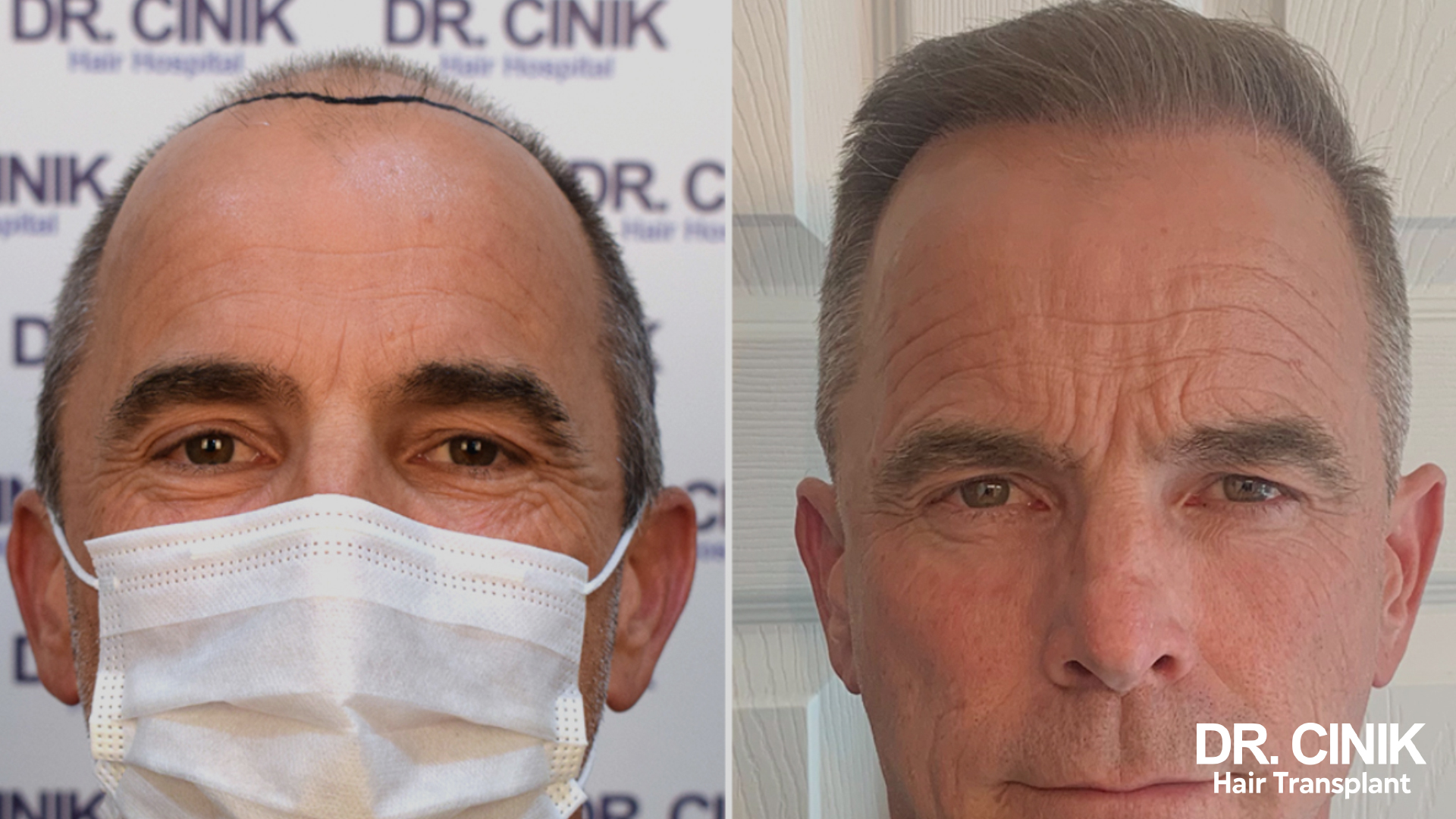
Realistic results and expectations
Age does influence the results of a hair transplant, but not necessarily in a negative way. The growth rate of the grafts is generally good, although potentially a tad slower than at a younger age. The achievable density is adapted to give a natural result, without seeking excessive density, which could appear a bit artificial. The quality of the transplanted hair remains similar to that of the hair in the donor area, and may include grey hair for a harmonious result.
The main aim is to achieve a natural result that improves overall appearance while adapting to the patient’s age. Examples of results for this age group often show a significant improvement in hair density, with a subtle but real rejuvenating effect.
Realistic expectations are essential. A hair transplant after 50 improves appearance and self-confidence, without claiming to give you the hair you had in your twenties.
Conclusion
Hair transplantation after 50 offers a viable and often excellent option for many patients. Modern techniques make it possible to restore a natural, harmonious head of hair, whatever your age.
Each case is unique. A consultation with a specialist like Dr Cinik will assess your personal situation and determine whether a hair transplant is suitable for your needs and health. So, if you’re considering a hair transplant after 50, why not take the plunge and book a consultation? You might be pleasantly surprised at what’s possible.



